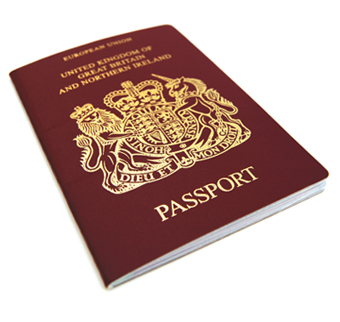Crowd homebuying (or: How to own a home with no savings and no mortgage)
Follow Rebecca on Twitter here
I originally posted this on my own blog. It’s not the usual sort of post I write for Practical Ethics, in that it’s not going to involve any ethical debate. But neither is it an ethically irrelevant topic, since I’m hoping that what I describe could help make life better for many people. I hope you’ll let me know what you think.
People rent rather than buy their homes for various reasons. Renting is more convenient and flexible than buying, since it’s easier to become a tenant than an owner, and easier to move on from a rented property than from one that you own. But a major reason that many people rent rather than buy is because they have no choice: they cannot afford to buy.
I want to challenge this view. I will argue that it is only because of the way in which our current system of buying and selling property works that many people cannot easily invest in property. This system is outdated. Overhauling it would make owning property easier for people not currently on the property ladder and more profitable for current homeowners. It would also give homeowners the flexibility and convenience currently enjoyed by renters, and it would give renters the security and investment opportunity currently enjoyed by owners. Further, overhauling the current system need not be complicated at all: it can be done by implementing tried-and-tested practices that are already used for other purposes.
A disclaimer before I start: I am a philosopher, not an expert on the property market. Reading about financial matters sends me to sleep. Whilst, as a reluctant tenant, I have given this matter a great deal of thought, these ideas are going to be half-baked. I know this already, so you don’t need to leave a comment to point it out. If you know more about how this could work than I do, please help educate me and help develop this idea by sharing your expertise in a comment. I may update this post to reflect improvements suggested by commenters.
Read More »Crowd homebuying (or: How to own a home with no savings and no mortgage)


